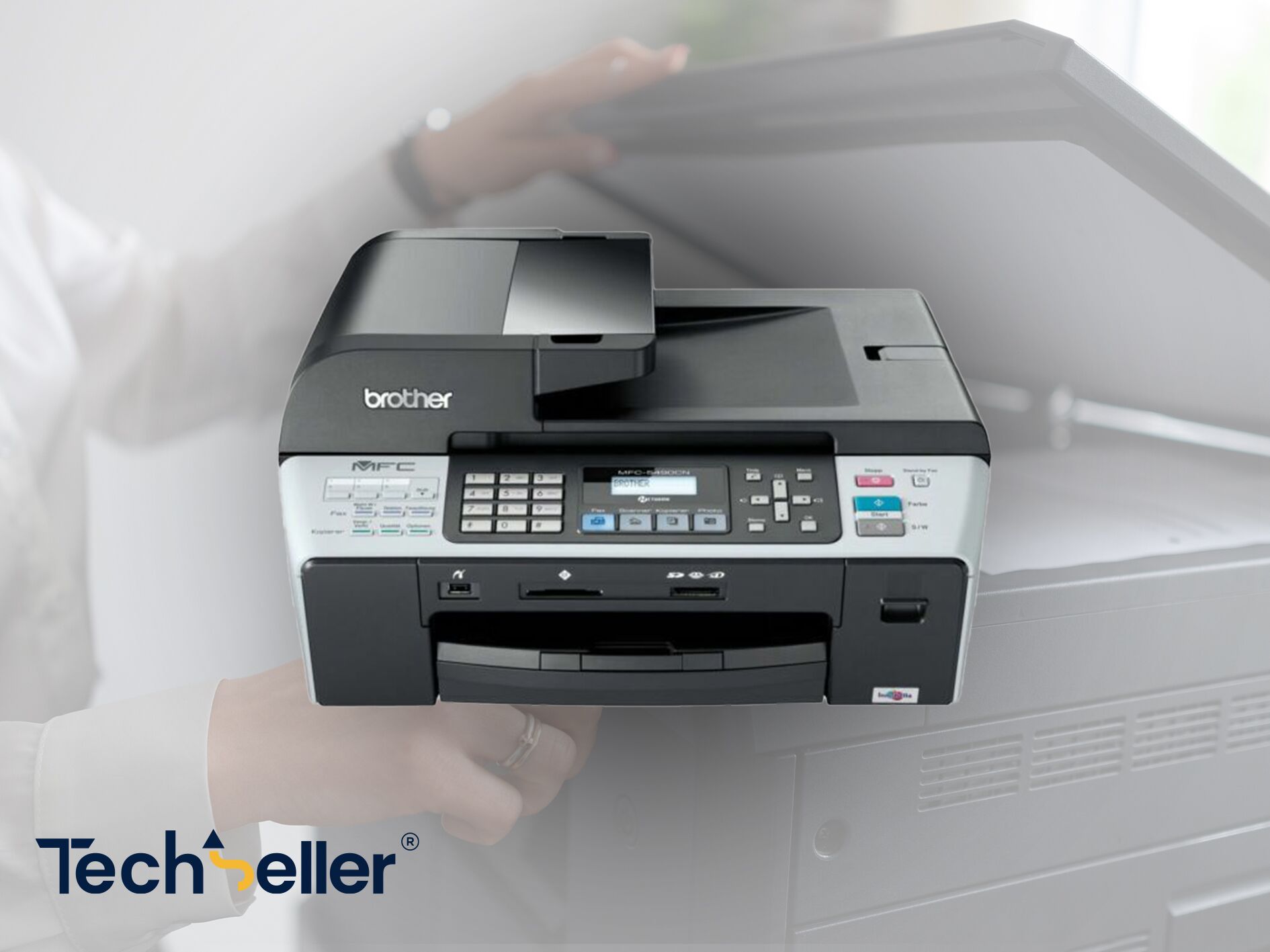How Mobile Apps are Empowering Farmers: The Future of Smart Agriculture and IoT Integration
Mobile apps are transforming farming through smart agriculture and IoT. Learn more from a top mobile app development company in Riyadh.

Introduction
Like many other businesses, agriculture is changing as a result of technology. Today's farmers have access to strong digital technologies and no longer rely just on old ways. At the front of this change are mobile apps, which assist farmers in streamlining their processes, raising yields, and enhancing sustainability. But how precisely are farmers being empowered by these smartphone apps? Let's examine how IoT (Internet of Things) is influencing the development of smart agriculture in the future and the function of mobile apps in contemporary farming.
1. The Role of Mobile Apps in Farming
Real-time data, task automation, and increased overall farming operations efficiency are all made possible by mobile apps. They provide vital information that aids farmers in making defensible decisions, from weather forecasts to soil tests.
2. Benefits of Mobile Technology for Farmers
Increased Productivity
Farmers may increase productivity by managing resources, tracking crop development, and cutting waste with mobile apps.
Cost Reduction
Minimal waste is ensured by effective resource management, which lowers total farming expenses.
Sustainability
Sustainable farming methods like organic farming and precision irrigation are encouraged by smart farming solutions.
3. How IoT is Revolutionizing Agriculture
Farmers can watch animals, monitor soil conditions, and automate irrigation systems with IoT devices and smartphone apps, which improves yields and resource management.
4. Precision Farming: The Smart Approach
GPS, sensors, and data analytics are used in precision farming to maximize field management. Farmers may use mobile apps to calculate how much water, fertilizer, and pesticides their crops need.
5. Weather Forecasting Apps for Better Planning
Accurate weather predictions enable farmers to plan their activities efficiently, preventing losses due to unexpected climatic changes.
6. Soil and Crop Monitoring Made Easy
Apps for crop growth and soil health assist farmers in analyzing soil nutrients and identifying problems early on, resulting in healthy crop yields.
7. Pest and Disease Management Solutions
AI and image recognition are used by pest control apps to identify plant illnesses and recommend remedies, minimizing crop losses.
8. Smart Irrigation and Water Conservation
By tracking moisture levels, IoT-powered irrigation apps optimize water use and guarantee that plants get enough water without wasting any.
9. Market Access and E-Commerce for Farmers
Through mobile markets, farmers may sell their produce directly to customers or retailers, cutting out intermediaries and boosting revenue.
10. Financial and Loan Assistance Apps
Mobile apps provide farmers with access to loans, subsidies, and financial advice, ensuring they have the necessary capital to invest in modern equipment.
11. Blockchain for Transparency in Farming
Blockchain technology helps farmers obtain fair prices and product traceability by ensuring supply chain transparency.
12. Challenges in Adopting Mobile Apps in Agriculture
Lack of Digital Literacy
Many farmers lack the technical skills necessary to make full use of these apps.
High Costs of Smart Devices
IoT devices and smartphones can be costly for small-scale farmers.
Connectivity Issues
Poor internet connectivity is a common problem in remote rural locations, which restricts the usage of mobile apps.
13. The Future of Smart Agriculture and IoT Integration
Smart farming appears to have a bright future thanks to developments in AI, machine learning, and 5G. To guarantee that farmers have access to the greatest resources available, governments and tech companies are investing in digital agriculture.
14. How a Mobile App Development Company in Riyadh Can Help
Custom agriculture apps that are suited to the requirements of regional farmers can be created by a top mobile app development company in riyadh. By integrating with IoT equipment, these apps can offer automation, real-time analytics, and smart farming solutions that increase production.
15. Conclusion
The future of farming is being shaped by IoT and mobile apps, which are making agriculture more sustainable, intelligent, and efficient. Although there are difficulties, they are greatly outweighed by the advantages. Farmers may guarantee higher yields, lower expenses, and a more promising future for agriculture by implementing these digital solutions.
FAQs
1. How do mobile apps help farmers improve productivity?
Mobile apps provide real-time data on weather, soil conditions, and crop health, allowing farmers to make informed decisions and optimize their yield.
2. What are some popular mobile apps used in agriculture?
Some popular apps include Crop Monitoring, FarmLogs, AgriApp, and AgriMarket, helping farmers with tracking, weather forecasting, and market access.
3. How does IoT contribute to smart farming?
IoT enables automated irrigation, soil monitoring, and livestock tracking, ensuring precision farming and resource optimization.
4. What challenges do farmers face in using mobile apps?
Challenges include digital illiteracy, high costs of smart devices, and poor internet connectivity in rural areas.
5. Can a mobile app development company in Riyadh create custom farming solutions?
Yes, a mobile app development company in Riyadh can develop tailored solutions for farmers, integrating IoT, AI, and blockchain for enhanced efficiency.
What's Your Reaction?






















